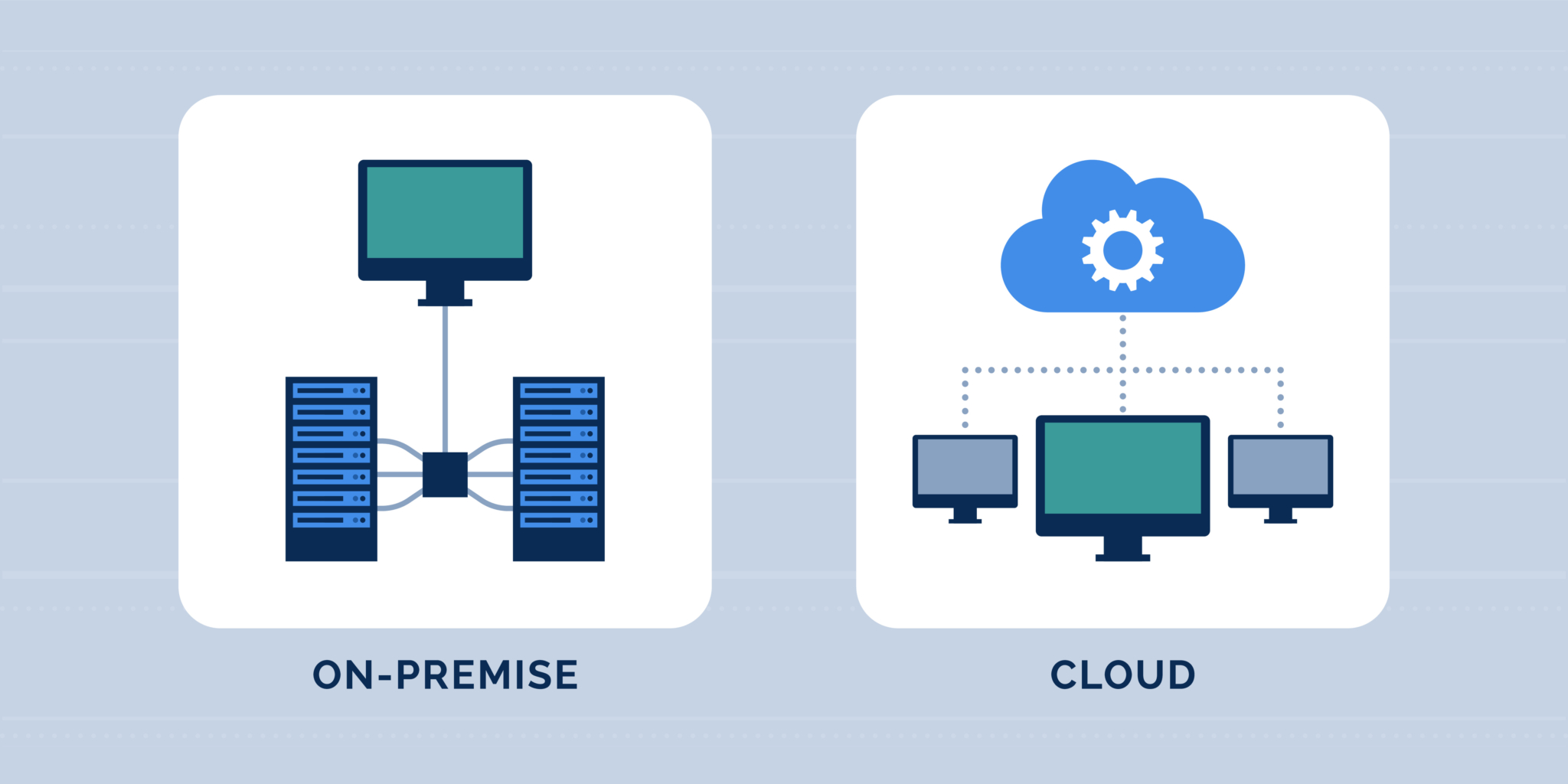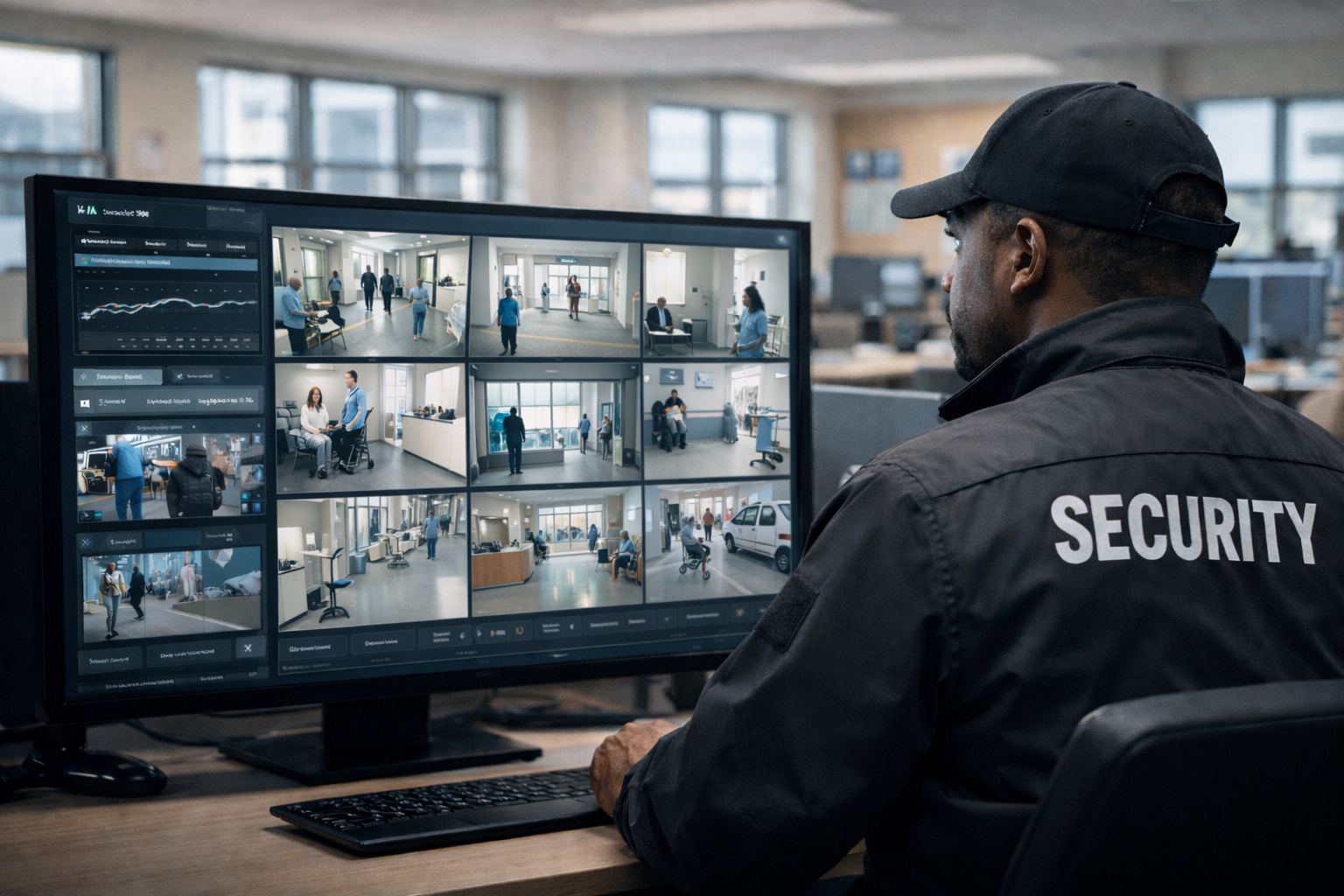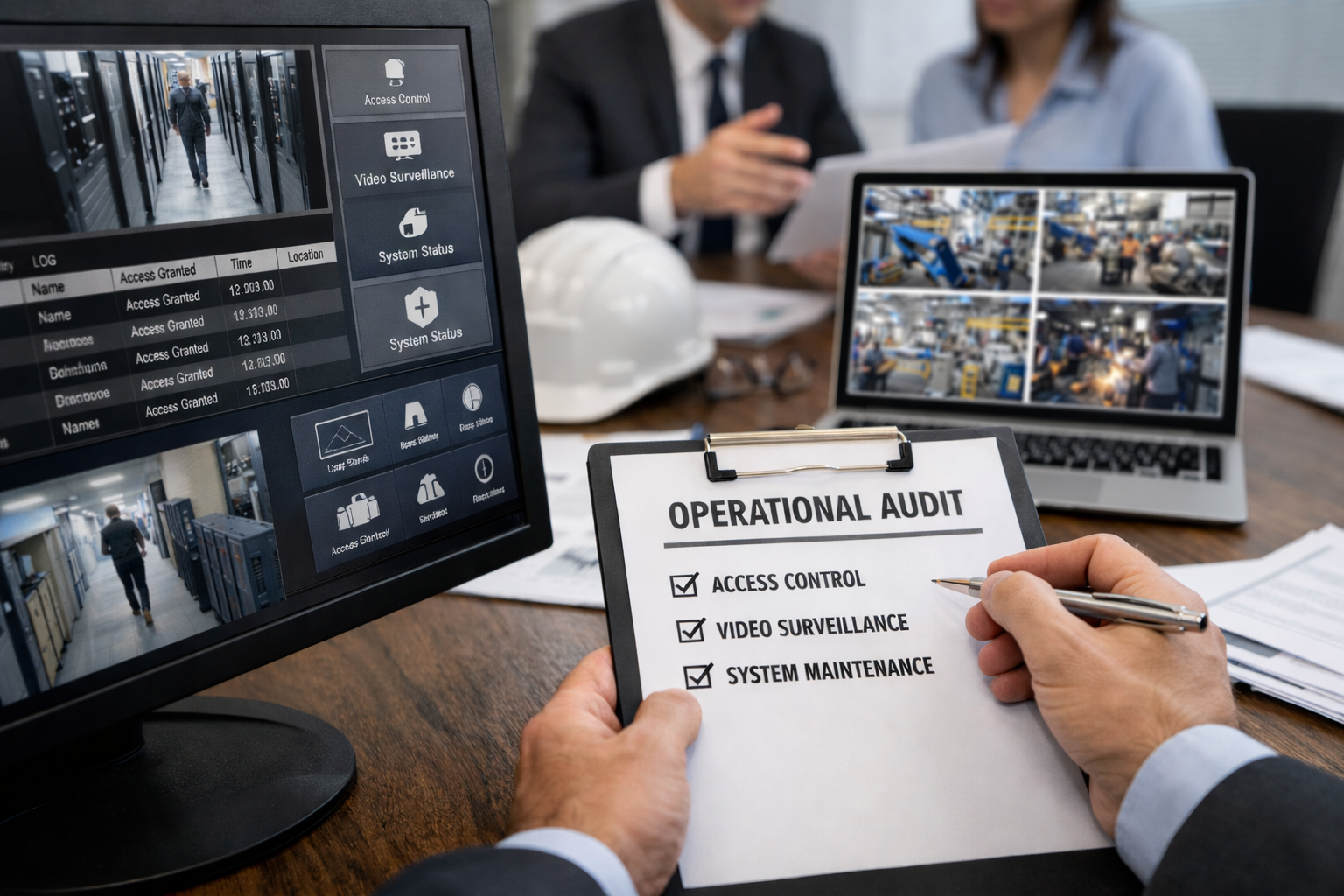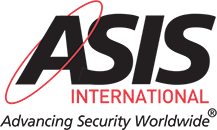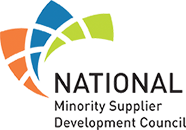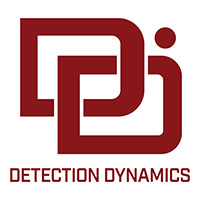Technological advancements are continually reshaping how companies protect their assets and personnel. One significant shift in recent years has been the move from traditional server-based security camera systems to cloud-based solutions. This transition offers numerous benefits, but how do you know when it’s the right time for your company to make the switch?
Scalability and Flexibility
One of the primary advantages of cloud-based security camera systems is scalability. Traditional server-based systems often require significant upfront investment in hardware and infrastructure. As your company grows or as security needs change, these systems may become costly and difficult to expand. Cloud-based solutions, on the other hand, offer unparalleled scalability. Whether you’re adding new cameras or expanding to multiple locations, cloud systems can accommodate these changes seamlessly. This scalability ensures that your security infrastructure can grow with your business without the need for constant hardware upgrades.
Remote Access and Management
The ability to access and manage your security cameras remotely is invaluable. Cloud-based systems provide real-time access to camera feeds and footage from any location with an internet connection. Whether you’re monitoring a single site or multiple facilities across the globe, cloud technology allows for immediate responsiveness in monitoring and addressing security concerns. This capability enhances operational efficiency and situational awareness, empowering security teams to respond promptly to incidents as they arise.
Cost Efficiency
Cost considerations are often a large factor in any business decision. While the initial investment in a cloud-based system may vary, long-term cost efficiencies are compelling. Traditional server-based systems require ongoing maintenance, upgrades, and potentially costly repairs. In contrast, cloud-based systems typically operate on a subscription model, eliminating the need for extensive capital expenditures on hardware and maintenance. Additionally, cloud systems often offer automatic updates and upgrades as part of the service, ensuring that your security infrastructure remains cutting-edge without additional costs.
Enhanced Security and Reliability
Security is paramount when it comes to protecting your company’s assets and data. Cloud-based security camera systems often feature robust encryption protocols and secure data storage practices, ensuring that your footage and sensitive information are protected from unauthorized access. Furthermore, cloud providers typically offer redundancy and backup capabilities, minimizing the risk of data loss due to hardware failure or physical damage. These features contribute to enhanced reliability, ensuring continuous surveillance and peace of mind for your business operations.
Integration with IoT and Advanced Analytics
The evolution of Internet of Things (IoT) technology has paved the way for enhanced functionalities in security systems. Cloud-based camera solutions can integrate seamlessly with other IoT devices and platforms, such as access control systems and smart sensors. This integration enables advanced analytics capabilities, such as facial recognition, object detection, and behavioral analysis, providing valuable insights for operational efficiency and security optimization. These analytics can help businesses identify trends, streamline processes, and proactively address potential security threats.
Determining the Right Time
So, how do you know when it’s time for your company to transition to a cloud-based security camera system? Consider the following indicators:
Expansion or Restructuring: If your company is expanding to new locations or undergoing restructuring, a cloud-based system offers the scalability and flexibility needed to adapt to changing security requirements.
Increased Remote Operations: With more employees working remotely or traveling frequently, remote access to security camera feeds becomes crucial for monitoring and managing security across different locations.
Cost Efficiency Goals: If your company is looking to reduce upfront capital expenditures and ongoing maintenance costs associated with traditional systems, a cloud-based solution can offer predictable operating expenses and potential long-term savings.
Desire for Advanced Features: If you’re interested in leveraging advanced analytics, integrating with IoT devices, or enhancing overall security capabilities, a cloud-based system provides the framework to implement these features effectively.
While the decision to transition from server-based to cloud-based security cameras requires careful consideration of your company’s specific needs and goals, the benefits of scalability, remote access, cost efficiency, enhanced security, and advanced functionalities make cloud-based solutions increasingly attractive for modern businesses. By evaluating your current infrastructure and future requirements, you can determine whether now is the right time to make the switch and invest in the future of your company’s security.
If you’re considering upgrading your security camera system to the cloud or have any questions about how cloud technology can benefit your business, contact Hoosier Security today. Our experts are ready to help you navigate the transition and ensure your company’s security needs are met with cutting-edge solutions.
